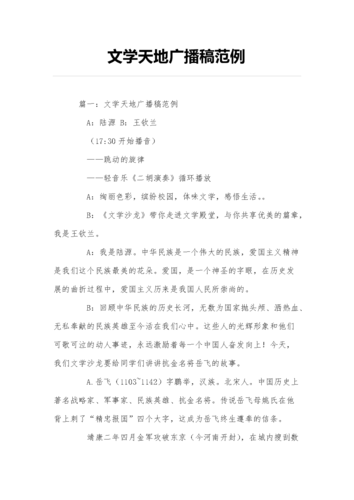Improving School Food Arrangements: A Path to Healthier Students
In recent years, there has been growing concern about the nutritional quality of school meals and their impact on students' health. Improving school food arrangements is not only essential for promoting better health among students but also for enhancing their overall academic performance and wellbeing. This essay delves into the significance of enhancing school food arrangements and provides actionable suggestions for achieving this goal.
Healthy eating habits established during childhood and adolescence significantly influence individuals' longterm health outcomes. Schools play a pivotal role in shaping these habits, as students often consume a substantial portion of their daily meals on campus. Therefore, it is imperative to prioritize the nutritional quality of school food arrangements.
Furthermore, research has consistently shown that proper nutrition is closely linked to academic performance, cognitive function, and behavior. Students who consume nutritious meals are more likely to concentrate better in class, exhibit fewer disciplinary issues, and achieve higher academic success compared to their peers with poor dietary habits.
Despite the recognized importance of healthy eating in schools, several challenges persist in current food arrangements:

To address these challenges and promote healthier school food arrangements, the following recommendations are proposed:
1. Enhance Menu Diversity:
Introduce a wider variety of nutritious foods, including fruits, vegetables, whole grains, and lean proteins, to ensure a balanced diet for students. Rotate menu items regularly to maintain interest and accommodate different dietary preferences.
2. Prioritize Nutritional Quality:
Allocate sufficient resources to prioritize the nutritional quality of school meals. Invest in fresh, locally sourced ingredients whenever possible to provide higherquality options within budgetary constraints.
3. Promote Cooking from Scratch:
Encourage schools to prepare meals from scratch rather than relying on prepackaged or processed foods. This allows for greater control over ingredients and ensures meals are free from unnecessary additives and preservatives.
4. Educate Students about Nutrition:
Implement nutrition education programs to empower students with the knowledge and skills to make healthy food choices. Incorporate lessons on meal planning, food preparation, and understanding food labels into the curriculum.
5. Involve Students in DecisionMaking:
Engage students in the decisionmaking process regarding school food arrangements. Solicit feedback through surveys or student councils to understand their preferences and incorporate their input into menu planning.
6. Collaborate with Parents and Community:
Partner with parents, local farmers, and community organizations to support initiatives promoting healthy eating in schools. Organize workshops, cooking demonstrations, or community gardens to foster a culture of wellness.
Improving school food arrangements is a multifaceted endeavor that requires collaboration among various stakeholders, including school administrators, food service providers, educators, parents, and students themselves. By prioritizing nutritional quality, enhancing menu diversity, and promoting education about healthy eating, schools can create environments conducive to student wellbeing and academic success. Investing in healthier school food arrangements is an investment in the future health and prosperity of our youth.










